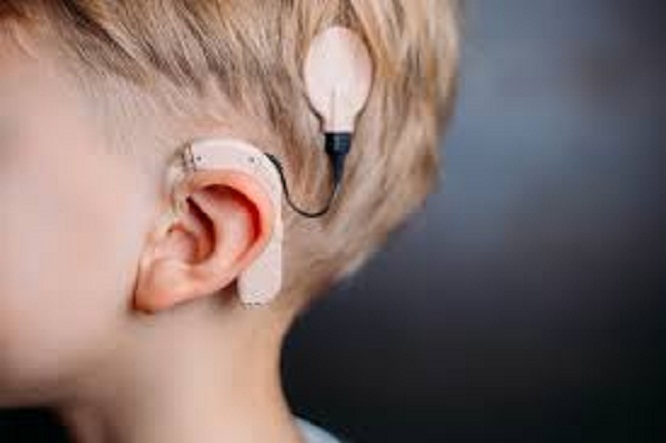Hearing implants have emerged as breakthrough solutions for people who have severe hearing loss, allowing them to restore or improve their auditory experience. This comprehensive guide seeks to demystify the world of hearing implants, delving into the numerous varieties available and the most important factors to consider when choosing this life-changing technology. Whether you’re looking for hearing implants in Singapore or anywhere else in the world, understanding the alternatives and considerations involved is critical for making informed decisions regarding your auditory health.
1. Cochlear Implants
Cochlear implants are among the most well-known and commonly used hearing devices. Cochlear implants are ideal for people suffering from severe to profound sensorineural hearing loss because they bypass damaged hair cells in the inner ear and stimulate the auditory nerve directly. The gadget consists of an external CPU and an inside implant. Advances in cochlear implant technology have led to enhanced speech perception and sound quality, making them a popular alternative for people seeking complete hearing restoration.
2. Bone-Anchored Hearing Implants
Bone-anchored hearing implants, also known as bone conduction implants, offer a unique alternative for anyone suffering from conductive or mixed hearing loss. This type of hearing implant sends sound waves through the skull bone and stimulates the inner ear, which is especially helpful for people who have problems with their outer or middle ears. The bone-anchored hearing implant, which uses a surgically inserted titanium fixture, provides an alternative conduit for sound to reach the cochlear.
3. Middle Ear Implants
Middle ear implants are a newer breakthrough in hearing implant technology. Middle ear implants, as opposed to cochlear implants, operate directly on the middle ear structures. This sort of implant may be appropriate for people with sensorineural hearing loss who do not benefit from conventional hearing aids. Middle ear implants improve sound quality and naturalness by taking advantage of the middle ear’s natural mechanics.
4. Auditory Brainstem Implants
Auditory brainstem implants are intended for people who are unable to benefit from cochlear implants due to the absence or abnormality of their auditory nerve. This is a rare occurrence that often results from specific congenital problems. Auditory brainstem implants bypass the cochlea and stimulate the cochlear nucleus in the brainstem. While less frequent than other types of hearing implants, they may be a viable option for people who have highly specific and difficult cases of hearing loss.
5. Key Considerations for Choosing Hearing Implants
Degree of Hearing Loss: The severity and type of hearing loss play an important influence in identifying the best hearing implant. Cochlear implants are typically indicated for severe to profound sensorineural hearing loss, although bone-anchored or middle-ear implants may be more suited for conductive or mixed hearing loss.
Surgical Considerations: The decision to have hearing implant surgery is a big one. It is critical to examine the invasiveness of the surgery, potential dangers, and recuperation time. To understand the surgical features of the chosen implant, consult with an expert ear, nose, and throat (ENT) surgeon.
Lifestyle and Preferences: Hearing implants are designed to fit different lifestyles and preferences. Cochlear implants are frequently favoured for patients wanting complete auditory sensation restoration, whereas bone-anchored implants may be chosen for their non-invasive nature and adaptability for busy lifestyles.
Cost and Accessibility: The cost of hearing implant treatments and equipment varies. Understanding the financial issues, such as prospective insurance coverage and assistance programmes, is critical. Furthermore, assessing the availability of specific hearing implants in Singapore or elsewhere is critical for accessibility.
Hearing Implants in Singapore
Singapore has evolved as a hub for innovative medical technologies, such as hearing implants. The city-state provides a variety of services, including diagnostic examinations, surgical procedures, and continuous support for people who are considering or are already utilising hearing implants. Access to reputed ENT physicians and audiologists in Singapore guarantees that patients receive complete care throughout their hearing implant journey.
Conclusion
Choosing the proper hearing implant requires careful evaluation of the type of hearing loss, personal preferences, and the specific qualities of each implant. Whether you’re looking at cochlear implants, bone-anchored hearing implants, middle ear implants, or auditory brainstem implants, knowing your options and considering critical variables can help you make informed decisions about your auditory health. For people looking for hearing implants in Singapore, the local medical landscape provides modern solutions and experienced support to help them on their journey to better hearing.

